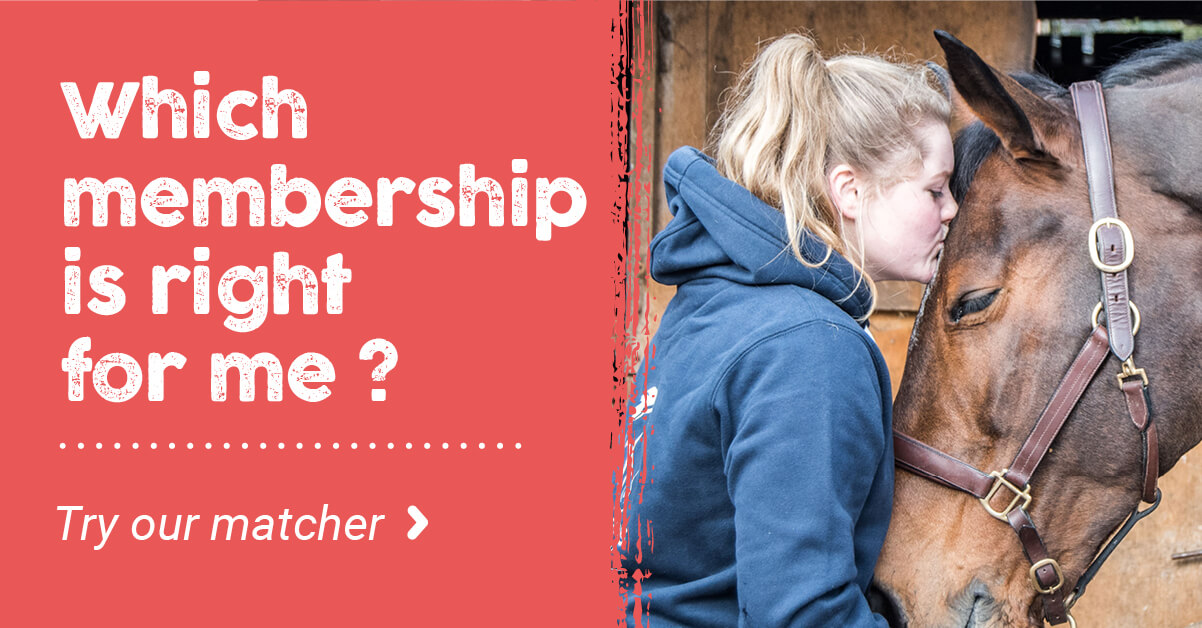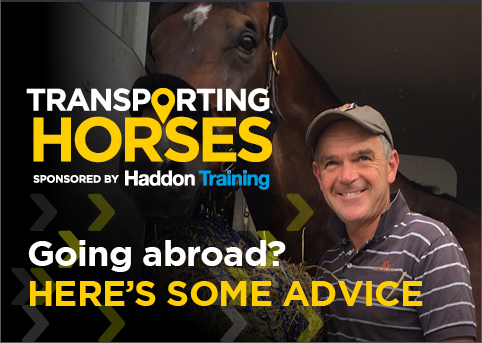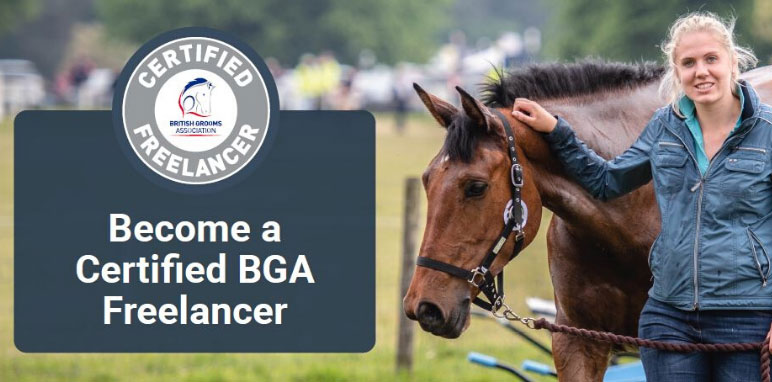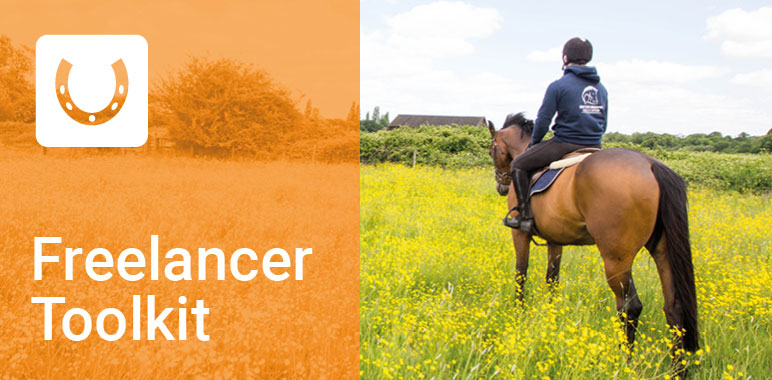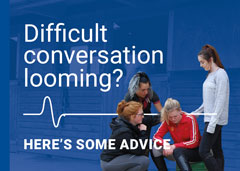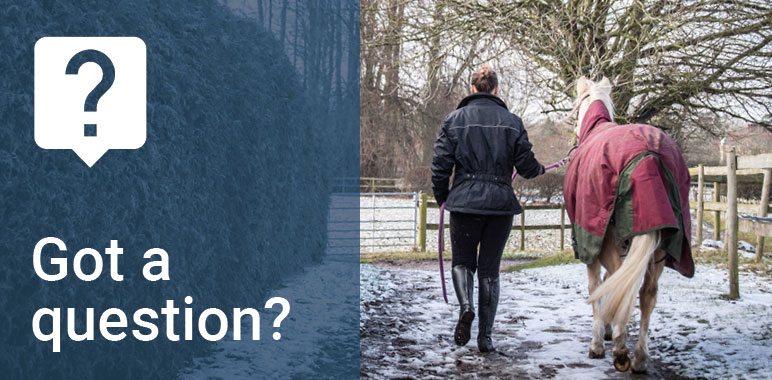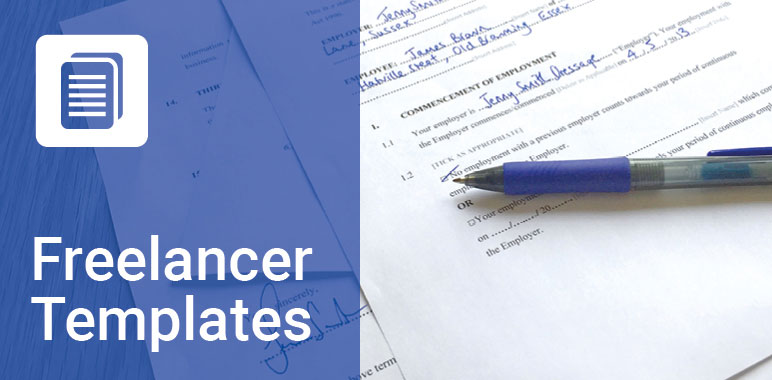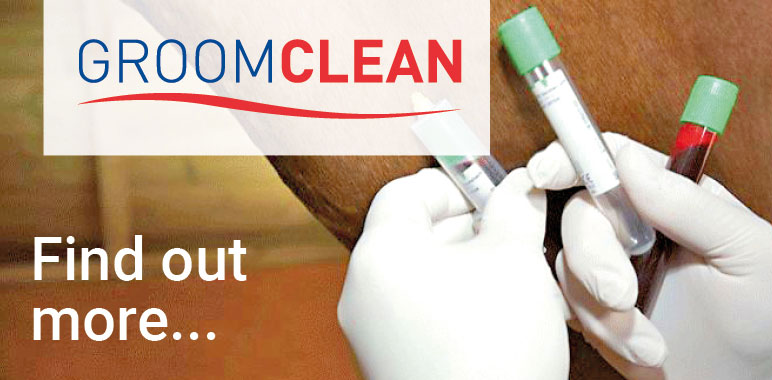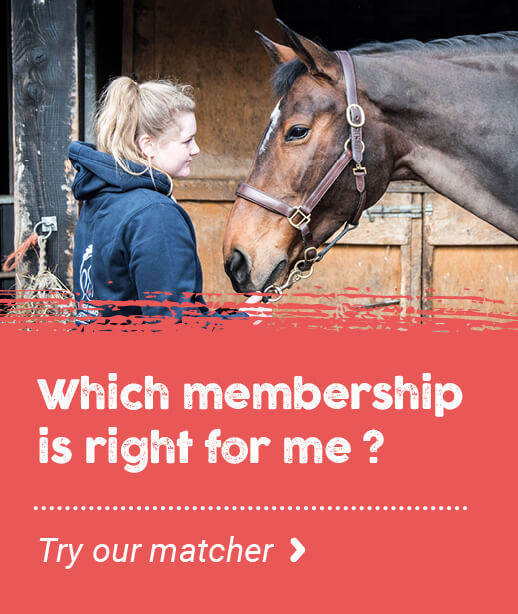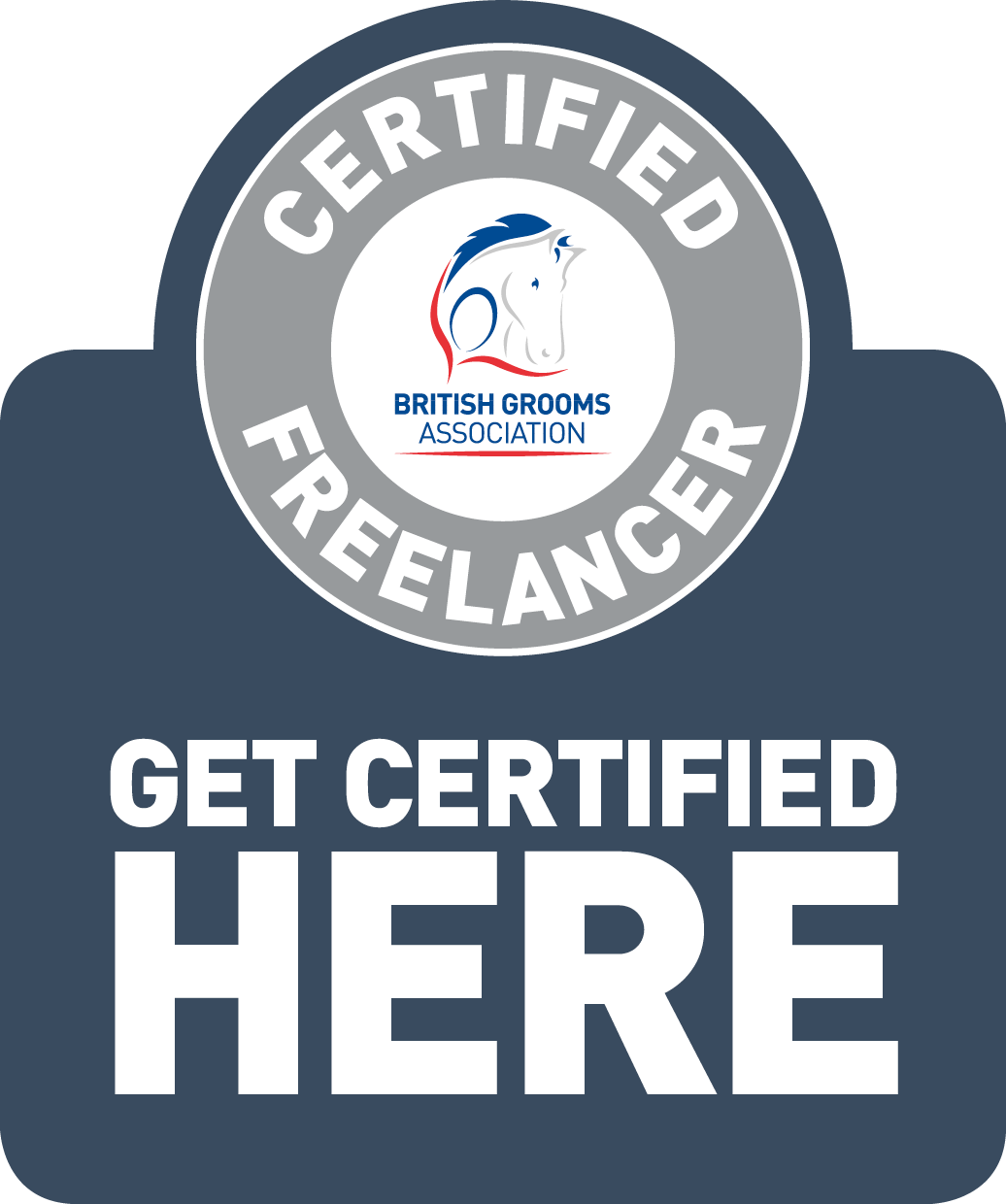- Join Now
- Login
- Member Zone
- Your Career
- Freelancing
- International Grooms Association
- BGA Training
- Healthy Yard Healthy Horses
- Transporting horses
- Brexit
- Safe workplace
- Student Zone
- Member Discounts
- BG Magazine
- Member services
- Training & Careers
- BGA CV Creator
- Horse groom training
- Where to Train
- BGA E Learning
- Career choices
- Change to Racing
- First Aid training for grooms
- Parents
- Grooms Jobs
- Grooms Life
- About
- News
- Contact

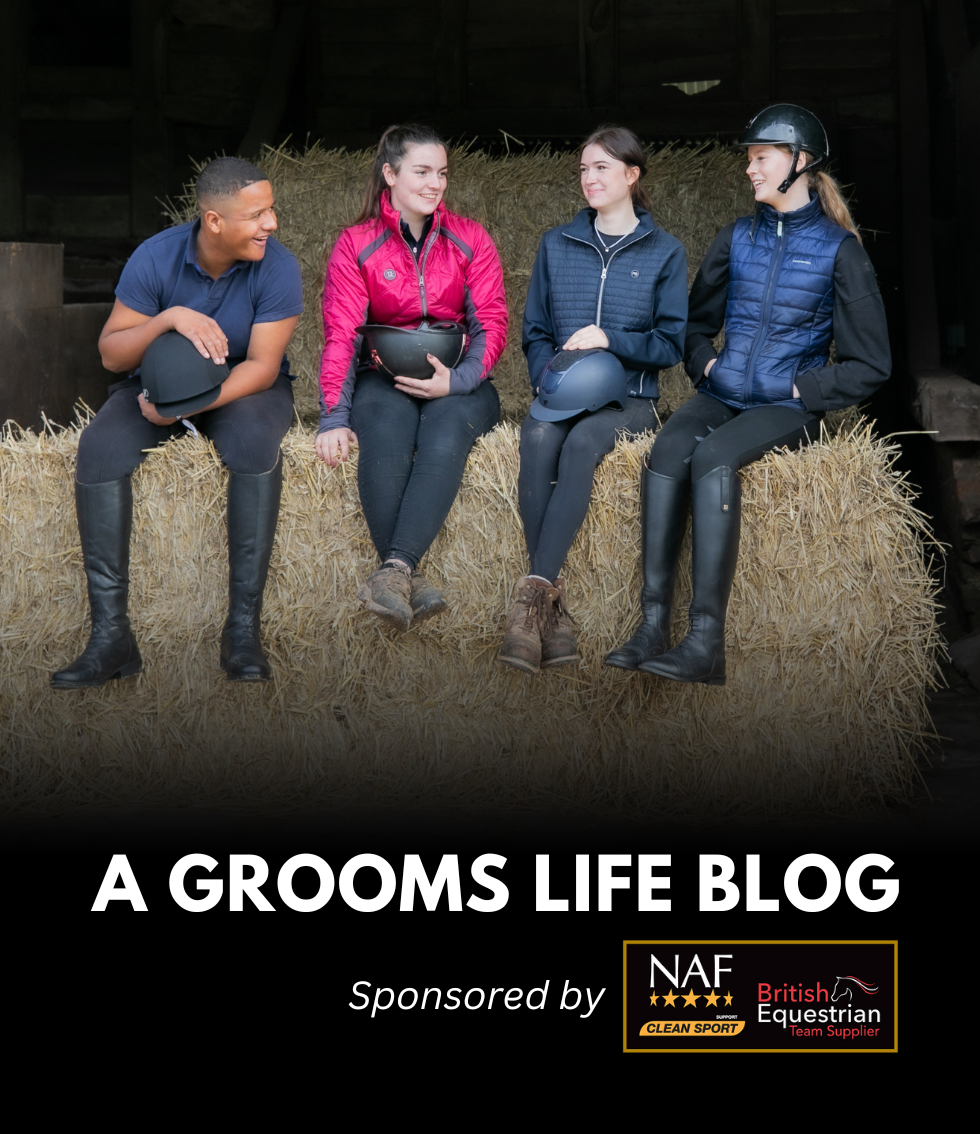
Emma Cornish has spent her life working with horses, building a career that spans welfare, veterinary practice, rehabilitation, and competitive equestrian sport. In 2022, she took a bold leap of faith, leaving a salaried role to launch her own business, Elite Equine Care. Since then, she’s carved out a reputation as a skilled and trusted professional, balancing the hands-on care of horses with the challenges of running a solo business. Now, Emma is a finalist for the West Country Women’s Awards Small Business of the Year, recognised for her dedication, professionalism, and innovative approach in an industry that can be as demanding as it is rewarding. We caught up with Emma to hear about her journey, the highs and lows of freelancing, and her advice for aspiring grooms looking to follow in her footsteps. I was genuinely astounded. It’s a huge area — Somerset, Devon and Cornwall — with such a broad spectrum of businesses represented. I’m the only animal-care provider among the finalists, so I feel a bit out on a limb, but incredibly honoured that someone recognised my efforts and felt I was worthy of standing alongside three other amazing finalists. I’ve worked with horses since leaving school, even though I didn’t come from a horsey family. After years in equine and small-animal roles — including welfare work, veterinary practice management, teaching and rehabilitation — COVID hit hard. Managing a veterinary practice through lockdown, furloughs and corporate change was extremely stressful. By early 2022, I needed a reset. It was a leap of faith to leave a salaried job and return to hands-on equine work at 47, but I knew if I didn’t try, I’d never know. So I went for it. Freelancing can be tough, especially with rising costs in the equine world. Horse owners are cutting back on “extras,” and many see freelance support as one of the first things to reduce. I’ve had to diversify, offering more house-sitting and yard-sitting, which is now making up a larger percentage of my income. But I’m proud of how far I’ve come. As a one-woman business, I am every department — admin, HR, finance, and the hands-on work. It feels incredibly special. I’m solely responsible for the standard of my work and the service I deliver. Being recognised at this level reassures me that what I do matters and that my professionalism shows. Honestly, I’d love to ask them! I hope I get the chance to! I’m not one for thinking about things like that or tooting my own horn. Perhaps it’s the breadth of my experience — from Olympic work to welfare, veterinary knowledge, rehabilitation and more. I bring everything I’ve learned throughout my life into my day-to-day work. Business itself continued as normal, but the award boosted my profile. It allowed me to become an expert panel member for Dr David Marlin and Animal Web, and to represent brands like Gower Granary. It also supports my work in equine welfare, including my role as an FEI Veterinary Testing Technician (involved in anti-doping testing at FEI events). The award gave me more credibility — something invaluable in this industry. Horse owners are struggling financially and are scaling back — moving from full to part livery, or even renting fields instead. Some who lose horses can no longer afford to replace them. As a result, I’ve lost a few regular clients and income. Another challenge is unqualified or uninsured people offering extremely cheap services on social media. It undermines professional freelancers and devalues the expertise that comes from years of qualifications and experience. Seeing happy horses — whether that’s a tidy yard, cosy stables or relaxed horses munching away. Happy horses equal happy clients, and that’s the best feeling. Absolutely. I wouldn’t be where I am without them, and I’m hugely grateful for every one of them. I’d love to be involved in the LA 2028 Olympics, ideally again as part of the organising committee, working with farriers and in the forge — roles I absolutely love. I’m also co-founder of The Ice Queens, promoting correct cooling and heat-mitigation at equestrian events. With rising summer temperatures, this work is becoming increasingly important, and we’re keen to attend more events and educate more people. And of course, I’ll continue pushing for improved equine welfare and supporting grooms’ rights and working conditions. No matter how long you’ve been in the industry, there’s always something new to learn. Keep expanding your knowledge — not just through courses, but by listening, observing and staying curious. Experience builds confidence, but learning keeps you relevant. Just because something has “always been done that way” doesn’t mean it’s best for the horse. If your gut tells you something isn’t right, question it. Advocate for the horse — that’s ultimately your responsibility as a groom. Grooms are often their own toughest critics. Try not to beat yourself up. Some days everything goes smoothly; other days everything goes wrong. That doesn’t make you a bad groom — it makes you human. Keep going, keep caring, and the results will follow. Be part of the BGA Join Emma Cornish and thousands of professional grooms as a member of the British Grooms Association. Equine Excellence with Emma Cornish
28th November 2025
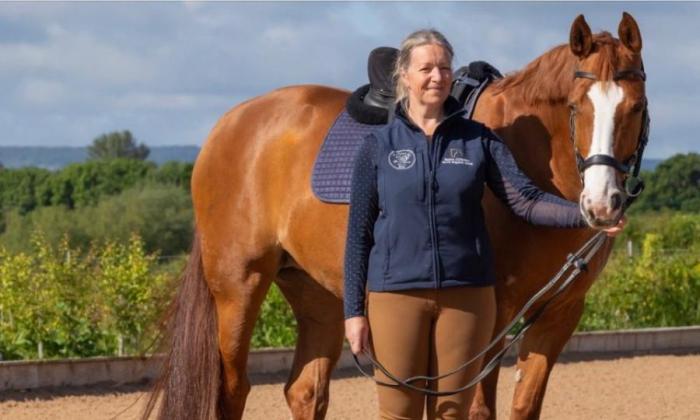
How did you feel when you found out you were a finalist for the West Country Women’s Awards?
You launched Elite Equine Care in 2022. What inspired you to start the business?
 How has the business journey been since launching?
How has the business journey been since launching?How does it feel to be recognised as a Small Business of the Year finalist as a solo business?
One of the judges said they were “profoundly impressed” by your application. Why do you think that was?
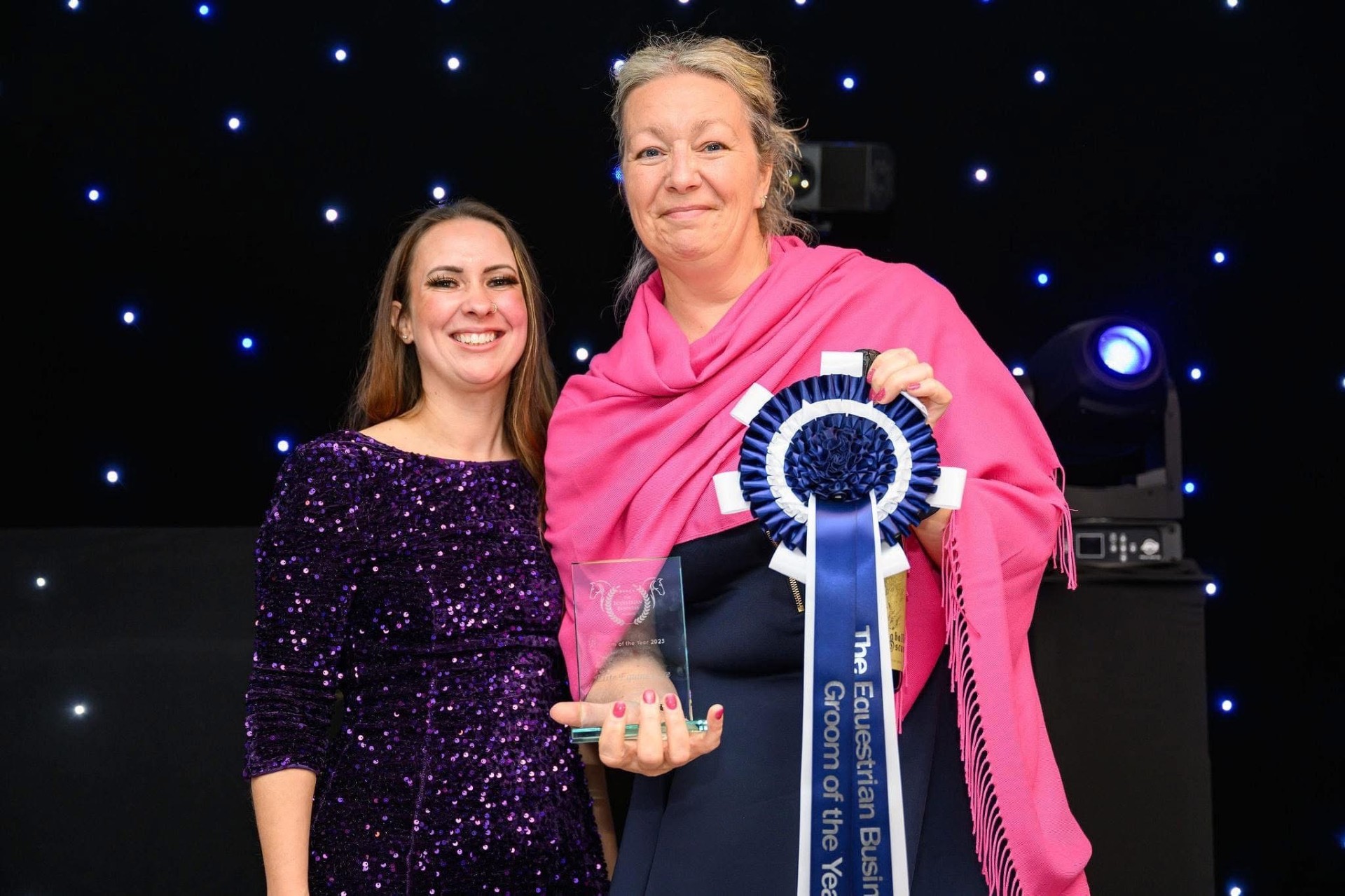 You previously won Groom of the Year (2023). How has that influenced your business?
You previously won Groom of the Year (2023). How has that influenced your business?What challenges has the equestrian industry presented recently, and how has it affected your work?
What brings you the most joy in your work?
Have your clients been supportive along the way?
What’s next for Elite Equine Care?
What three tips would you give to other grooms hoping to emulate your success?
BLOG ARCHIVE
- 2026 (3 ENTRIES)
- 2025 (14 ENTRIES)
- 2024 (52 ENTRIES)
- 2023 (60 ENTRIES)
- 2022 (35 ENTRIES)
- 2021 (24 ENTRIES)
- 2020 (19 ENTRIES)
- 2019 (45 ENTRIES)
- 2018 (36 ENTRIES)
- 2017 (7 ENTRIES)
What the personal accident policy covers you for:
- Whilst at work
- All stable duties – mucking out, grooming, washing off, turning out
- Clipping
- Riding – including hacking and jumping
- Hunting
- Lunging
- Breaking in
- Holding horse for a vet and other procedures
- Travelling horses both in the UK and abroad
- Competing in line with your job including: jumping, dressage, eventing
- Injuries that may happen to you whilst you are teaching - but you must also be grooming as part of your duties and not be a sole instructor
What the personal accident policy doesn’t cover you for:
- Riding in a race, point to point or team chase
- Stunt Riding
- Accidents occurring whilst travelling to and from work
- Riding and competing your own horse (but you can upgrade when applying for membership to include this)
- Public Liability – this is a separate insurance policy - the Freelance Groom Liability Insurance
- Care Custody and Control – this is a separate policy - the Freelance Groom Liability Insurance
If you require additional cover then please contact KBIS directly.
| GROOM | RIDER | EMPLOYER | |
|
When you are working for other people you do most of the following; muck out, turn out/catch in, tack up, groom horses, exercise Horses (including hacking, jumping and schooling), in the care of your employer/client. |
|
|
|
| Predominantly ride horses for other people including schooling, exercising and competing. | NO |
YES |
YES |
| Provide grooming services for someone else either full time or on a freelance basis i.e. an employer or a client. | YES |
NO |
NO |
| Employ staff – have an employers liability policy in your name | NO | NO | YES |
| Buy and sell horses | NO | YES | YES |


